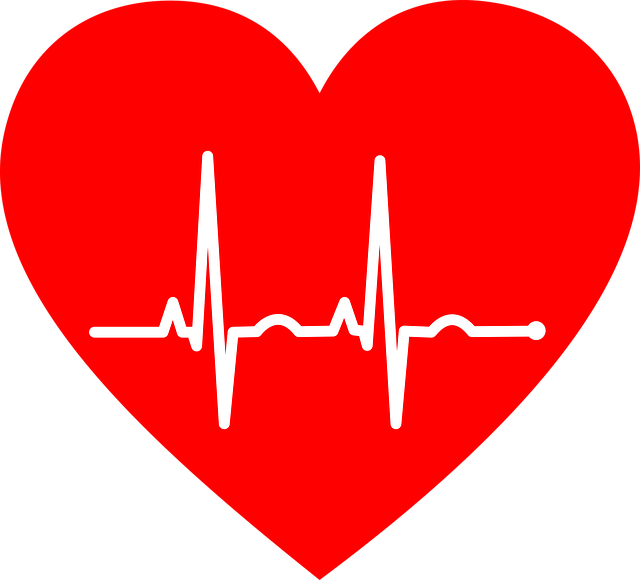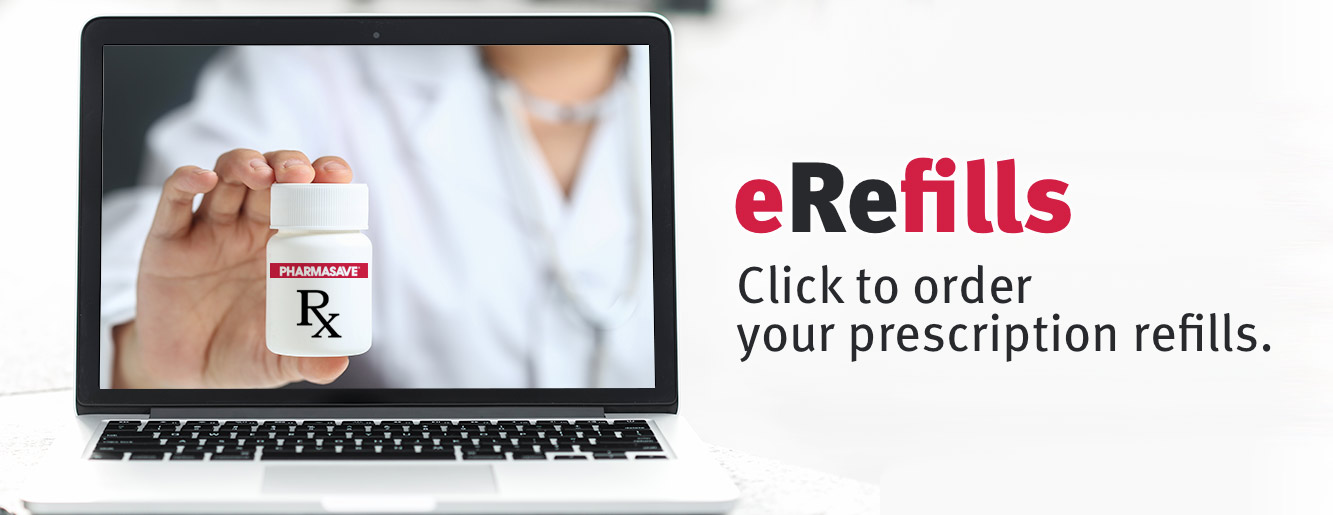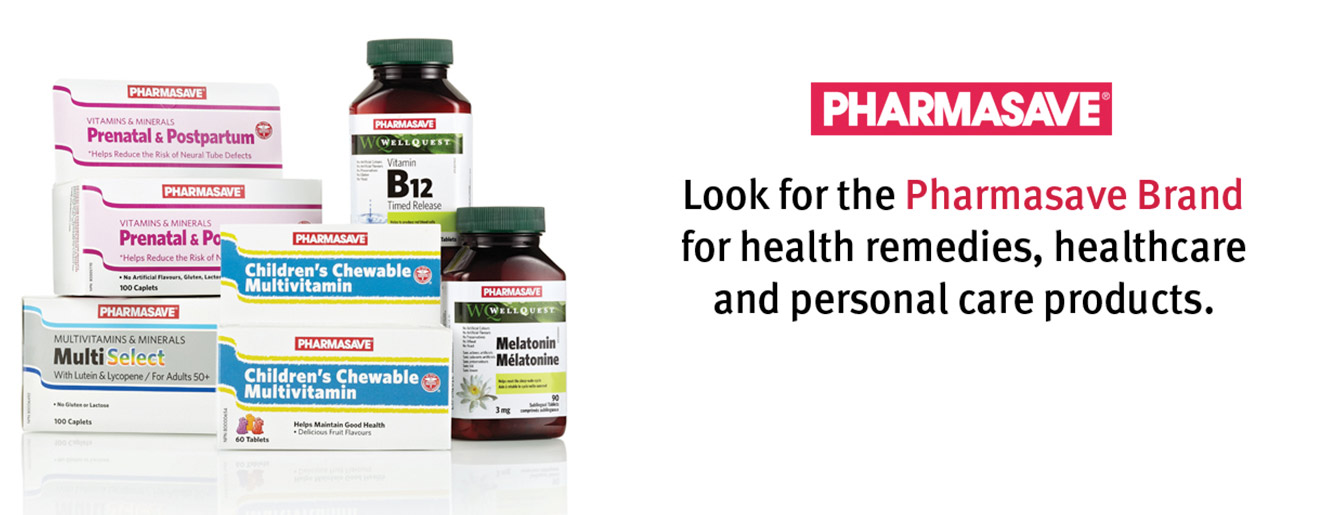
Heart Health
Heart Health
High blood pressure is the result of blood pressing too tightly against the inner walls of blood vessels (veins and arteries). High blood pressure is also sometimes called hypertension.
Untreated high blood pressure puts stress on many of your internal organs, such as your heart, kidney, and brain, and can lead to heart attack, stroke, and kidney failure.
Blood pressure measurements are shown as two numbers (e.g., 130/80). The first (top) number is systolic pressure – the pressure in your blood vessels when a heartbeat of blood is pumped through. The second (bottom) number is diastolic pressure – the pressure when your heart is at rest between beats.
As a rule of thumb, blood pressure is considered high if your systolic pressure measurement is 140 or higher and/or your diastolic pressure measurement is 90 or higher. It is important to understand that your blood pressure varies throughout the day and there are many things that affect your blood pressure reading (such as time of day, activity levels, smoking, and drinking caffeine).
How is it diagnosed?
High blood pressure (hypertension) is diagnosed by taking a number of readings over a number of occasions and in a number of positions. Your doctor may take your blood pressure while you are sitting down, standing up, or lying down. One high reading on its own doesn’t mean you have high blood pressure that needs treatment. Other factors, such as whether you have diabetes, also have a bearing on whether your doctor will treat your blood pressure.
Most people with high blood pressure do not have any noticeable symptoms. However, if not treated, high blood pressure can lead to serious problems, including heart attack and stroke. Your doctor may want to check your blood pressure again and may talk to you about lifestyle changes and medications to help you control your blood pressure.
Reducing your risk
While you can’t control some things that increase your chances of high blood pressure, like age and family history, there are things you can do to reduce your risk:
- Eat a healthy diet low in sodium.
- Exercise and maintain a healthy weight.
- Don’t smoke.
Talk to your Pharmasave Pharmacist about what you can do to reduce your risk of high blood pressure.
Your doctor may suggest that you check your blood pressure at home. Monitoring your own blood pressure at home every day keeps you involved and aware of whether your medications and healthy lifestyle changes are having a positive effect. Talk to your doctor or Live Well Pharmacist for more information about home monitoring.
Ask Your Pharmacist
Q: When is the best time to take my high blood pressure medication?
A: Different blood pressure medications have different requirements, like whether they must or must not be taken with food or how many times per day they are taken. It really depends on the specific medication. However, it is important to take into account your lifestyle and daily work and home routines. If you are unsure when to take your medication, ask your pharmacist for advice.
Do you have a question? Don’t hesitate to ask your Live Well Pharmacist.
Health Tip
People with high blood pressure need to reduce the amount of salt in their diet. Your body only needs 1,200 mg to 1,500 mg per day of sodium to function healthily. One way to cut down your salt intake is to read nutrition labels on the foods you buy to see how much sodium is in a serving.
All material © 1996-2013 MediResource Inc. Terms and conditions of use. The contents herein are for informational purposes only. Always seek the advice of your physician or other qualified health provider with any questions you may have regarding a medical condition.

